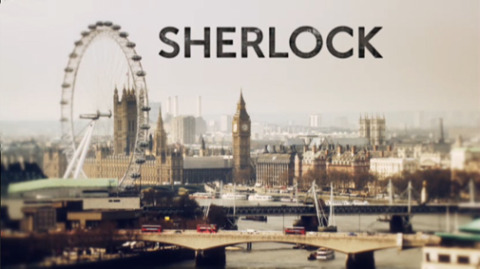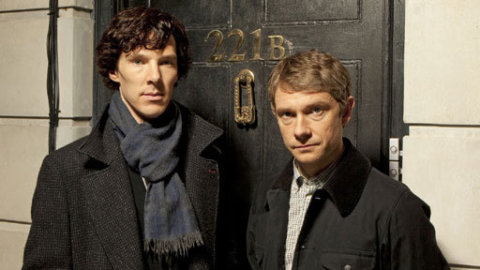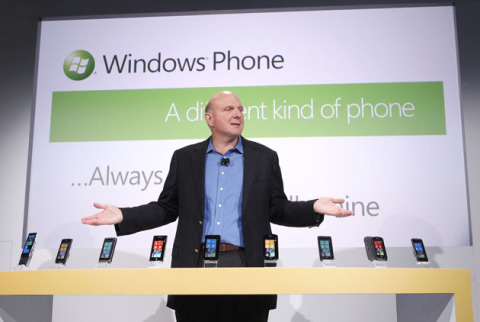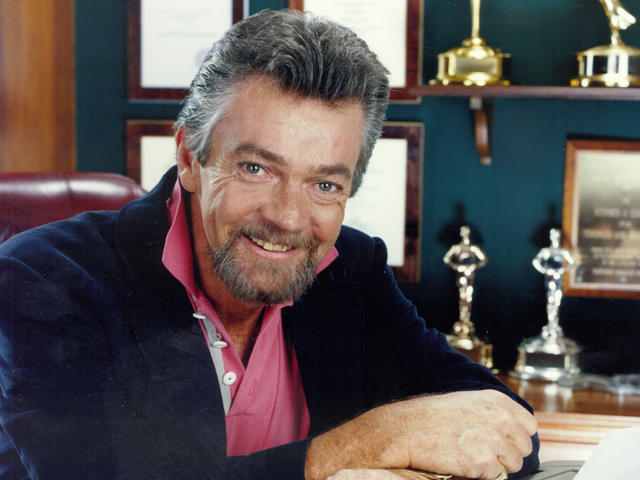Sherlock
 Matthew Kopelke |
Matthew Kopelke |  Sunday, October 17, 2010 at 9:30PM
Sunday, October 17, 2010 at 9:30PM  Source: Wikipedia
Source: Wikipedia
Beginning its local run here in Australia tonight, Sherlock is an amazing 3-part TV movie mini-series written by Steven Moffat and Mark Gatiss. Those are two names you should be familiar with, given these two gentlemen have been responsible for some of the best British TV shows in recent years, including Jekyll and Coupling from Moffat, and The League of Gentlemen from Gatiss. In addition, both of them have contributed numerous scripts to Doctor Who since it returned in 2005, with Moffat himself having recently been promoted to the ranks of Executive Producer on Doctor Who. So, with all of this in mind, and given there's been so many film & TV adaptations of the original Sherlock Holmes novels and short stories before, just what does Sherlock do to make things more interesting, and seem fresher than ever before? It's quite simple - these guys modernised it.
This is actually a very clever modernisation, too - take the basic elements of the original narrative, keep the core character traits consistent, but essentially change everything else - setting, dialogue, motivations, et al. It's a refreshingly appealing notion, for it unshackles the characters of Holmes and Watson from the Victorian-era trappings that have become sadly so cliched in this modern world, and presents them in a world more akin to something like The Bill or CSI. This puts this new TV version in stark contrast with the recent Robert Downey Jr. film version, which kept the setting and dialogue style of the original, but attempted to pseudo-modernise the content and storytelling methodology. There, it sadly jarred - because it was a half-way house attempt. Here, Moffat and Gatiss go for broke, and thankfully their talent ensures that the scripts work.
While some people seemed disappointed that Series 1 was made up of 3 x 90-minute movies, the fact is the format and running length allows for the breathing space needed to tell these stories. Had the show adopted the more common 45-minute episode format, I am not convinced the stories as presented here would have worked. The depth would have been sacrificed to make the episodes fit the running length, and this has been seen ample times with the new Doctor Who revival. Going from 4 x 25-minute episodes to 1 x 45-minute episode has made for a slightly shallower feel over there, but here Sherlock works in the TV movie format. This is something I'd be keen to see more British TV shows adopting as a format, given their predilection for deeper, more engaging narratives. Especially in the "crime investigation" genre utilised here.
 Source: BBC
Source: BBC
The casting on this show was always going to be problematic, for much the same reasons that casting a character like James Bond or Doctor Who can be problematic. Given there's been so many screen versions of Holmes and Watson, how do you ensure the casting is appropriate? Well, once again it comes back to trusting in Moffat and Gatiss. Their choice of Benedict Cumberbatch for Sherlock Holmes, and Martin Freeman for John Watson, was a magnificent choice. Especially Cumberbatch, who it's safe to say was born to play the role, and settles into the nuances of the character so completely. I've been a big fan of Martin Freeman ever since he first appeared in The Office, and here he portrays the world-weary Watson well. He combines so beautifully the enthusiasm for his new life with the weariness of having to live with Sherlock's eccentric behaviour.
When it comes to the actual stories, I do feel that the first and third installments were the strongest. The first one, an adaptation of the first Holmes novel A Study in Scarlet, is an excellent pilot for this new show, demonstrating to us the reason why Holmes is the legend he has become. Seeing him at the start of his career, as it were, is also a nice element to this first episode. His talent for deduction is beautifully used here, with some lovely sequences of him explaining his reasons. The third episode, The Great Game, felt extremely thrilling, with a touch of The Bourne Identity thrown in for good measure, as Sherlock and Watson are introduced to a character that is sure to take on a deeper significance in Series 2. I shan't spoil it here, but sufficed to say, watch out for the hints throughout the 3 movies, because it's a great ride to go on.
Overall, there is a heck of a lot to like about Sherlock. One thing that should be mentioned is that the production values are consistent, and of a very high standard. The BBC excel at producing this type of show, and this level of gloss and expert cinematography nicely combine to present a very visual story that is ably supported by an excellent cast (and not just Cumberbatch and Freeman - Zoe Telford and Rupert Graves are excellent additions as well, for example), a fantastic score by David Arnold & Michael Price, and some gorgeous visual decisions (such as how SMS messages are displayed in the story) all combine to create what is a standout hit for 2010. Do yourself a favour, and tune in to see Sherlock on Nine tonight, or if you miss it, on GEM later this week. I'm just so pleased a second series has been commissioned for 2011. Well done to all.
 TV & DVDs
TV & DVDs 




